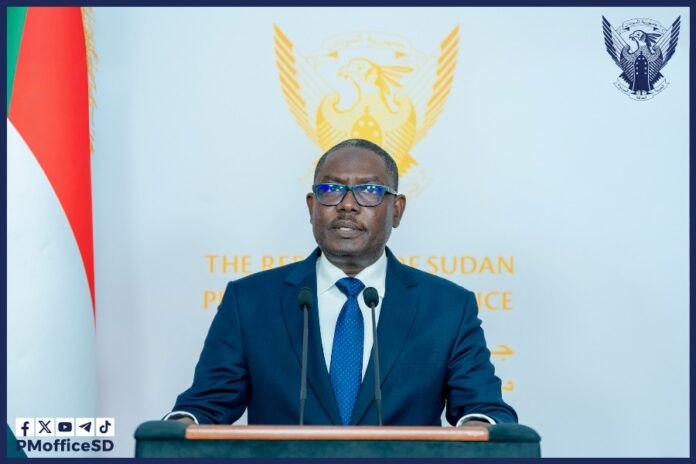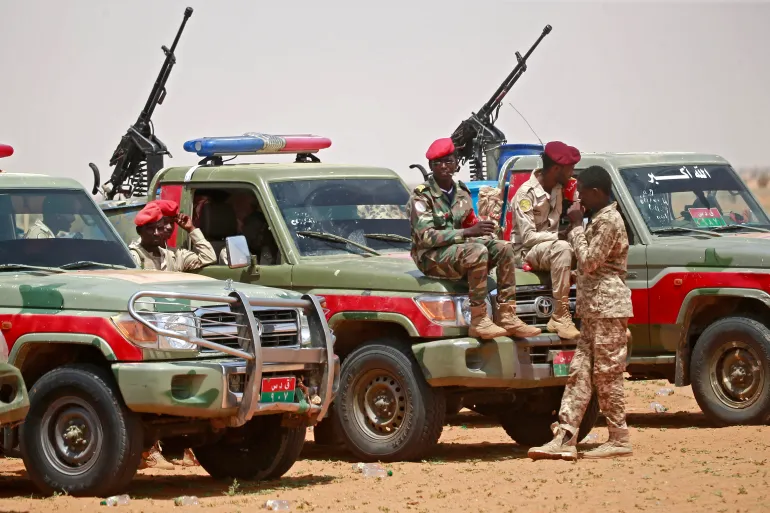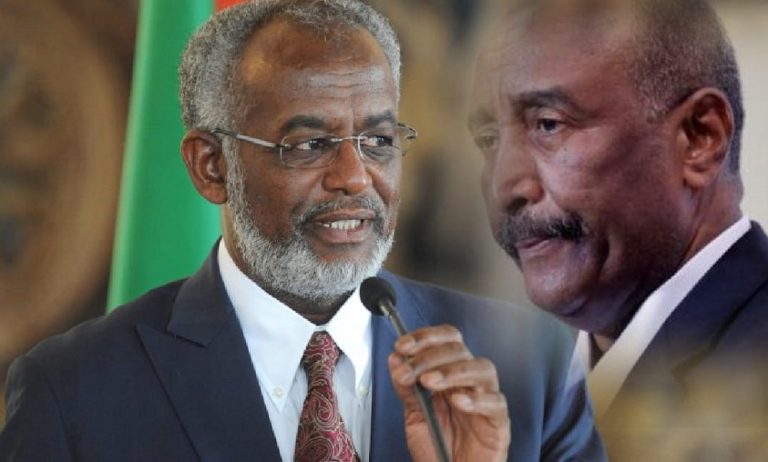
Israel-based media and Sudanese sources say Sudan’s military ruler Lt. Gen. Abdel Fattah al-Burhan is negotiating a deal to relocate senior Hamas figures to Port Sudan, offering the Palestinian group a new safe haven after its battlefield losses in Gaza.
The Jerusalem Post cited Israeli security officials who describe Burhan as “Iran’s gatekeeper” in Sudan and accuse him of helping Tehran “re-create” Hamas on the Red Sea coast. According to the report, Port Sudan has already become a transit point for Hamas operatives and a hub for Iranian advisers supplying the al-Burhan’s (SAF).
Separately, the Khartoum-based outlet Assayha reported that Burhan and allied Muslim Brotherhood-linked militias are finalising what one source called a “shady accommodation” that would allow dozens of Hamas commanders—and possibly their families—to settle in eastern Sudan as part of any future cease-fire package for Gaza. The same sources say negotiations include unfreezing properties and businesses Hamas acquired under former dictator Omar al-Bashir but lost after his 2019 ouster.
Weapons trail and Iranian pressure
Israeli officials have long accused Hamas of using Sudanese territory to smuggle weapons north via the Philadelphi Corridor into Gaza. The Jerusalem Post article states that at least 90 cross-border tunnels linked to Sudanese supply chains have been exposed since January.
Local activists point to a widely shared photo—verified by regional researchers—of a Port Sudan militia fighter holding an Al-Yassin 105 anti-tank rocket, a munition developed by Hamas’ Qassam Brigades. Analysts say the image underscores Tehran’s effort to arm both Hamas and the SAF with identical hardware, tightening military coordination across its so-called “resistance axis.”
Why Burhan wants Hamas
Military experts in Khartoum argue that hosting Hamas cadres would bolster SAF operations against the Rapid Support Forces (RSF), now entrenched around El-Fasher. Hamas fighters bring experience in urban combat, drone assembly and improvised munitions—skills Burhan’s forces lack. The general has already turned to Ethiopia’s Tigray militias and eastern Sudanese fighters to plug manpower gaps.
Israeli commentators are urging their government to disrupt the plan, warning that “each day Burhan stays in power expands Iran’s footprint on the Red Sea,” as one analyst put it. The Jerusalem Post editorial board called for targeted economic sanctions and covert action to interdict weapons bound for Port Sudan.
In Washington, U.S. officials have not commented publicly, but diplomats involved in Red Sea security talks say any resettlement of Hamas leaders in Sudan would complicate efforts to broker a nationwide truce and could trigger new sanctions under the Countering America’s Adversaries Through Sanctions Act (CAATSA).
Negotiations over Hamas’ exile are reportedly tied to cease-fire discussions in Cairo and Doha. Sudanese mediators predict Burhan will press ahead if he can secure guarantees of Iranian arms deliveries and a slice of Hamas’ overseas funds—estimated at tens of millions of dollars.
For now, Port Sudan’s airport and naval base—already targets of RSF drone strikes—are likely to draw increased Israeli and U.S. scrutiny, turning Sudan’s eastern shore into a fresh flash-point in the region’s sprawling proxy war.




